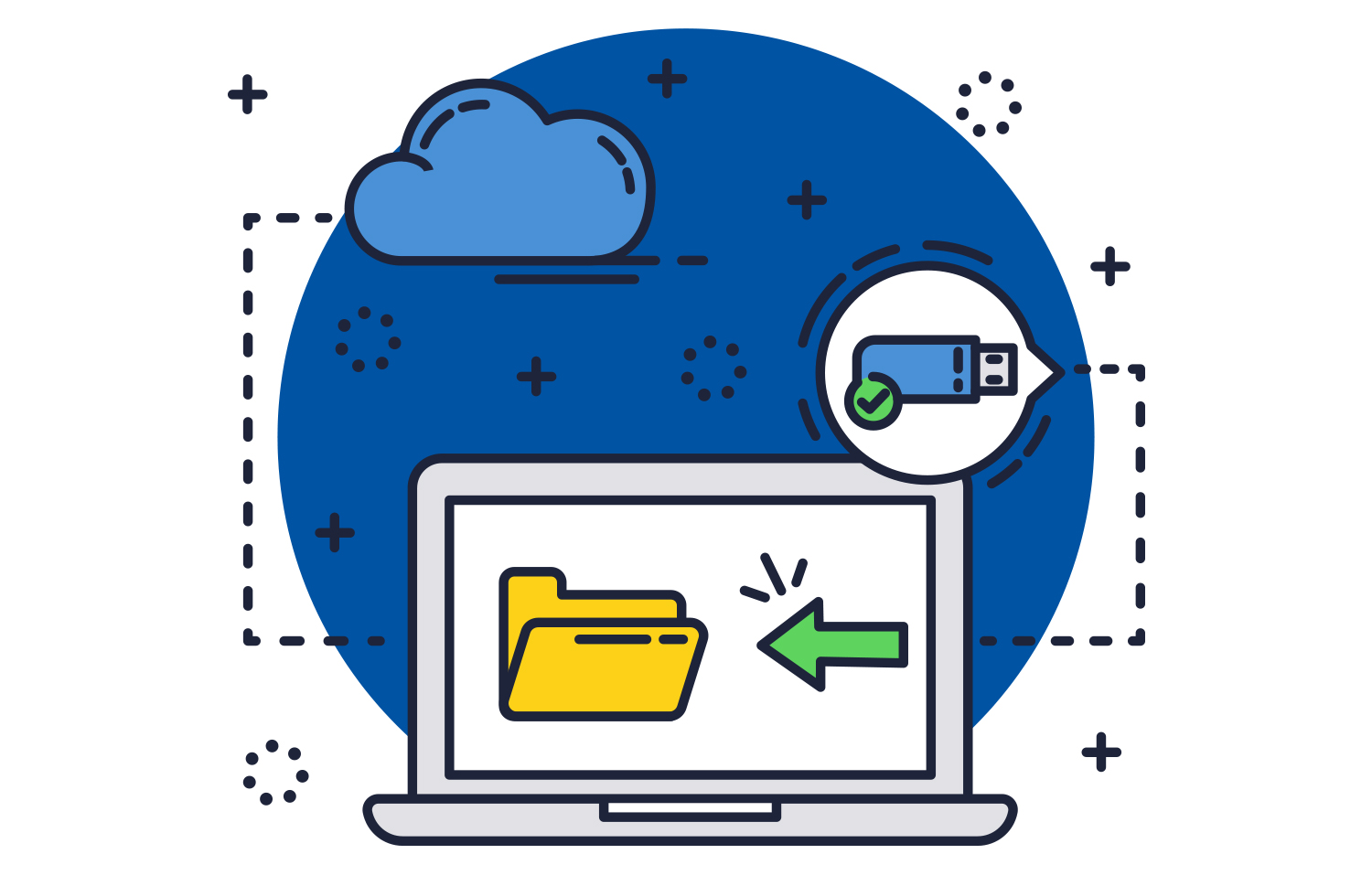Design
We serve our customers by developing attractive, highly optimized websites that are focused on improving sales.
Learn MoreStory by: Colophon Editor
August 12, 2003
Choosing an Internet Service Provider
You will need to choose an Internet Service Provider (ISP)
to connect your computer to the Internet. This article is a primer
to help you decide how to make this choice.
The first thing to realize is that there are two main methods today of gaining
access to the Internet: (1) using a dial-up modem, and (2) using broadband. This
was not always true as broadband technology did not exist just a few years ago,
and a dial-up modem was the only choice. Even today, in many small towns and
rural areas of the country, broadband is not available and thus using a dial-up
modem is still the only choice. This is not altogether a bad state of affairs
however, because the use of this technology is inexpensive, secure, ubiquitous,
and highly portable. Business travelers can dial in from wherever they happen
to be.
Broadband technology exists in three forms:
All three are called broadband because of their tremendous speed in downloading
data. Broadband connections are typically 10 to 15 times faster than a dial-up
connection. Furthermore, an extremely important feature of broadband is that
it is always on–it is said to be persistent. This means that you don’t have
to spend a few minutes waiting for your computer to dial-up the Internet and
then wait for a successful connection, which does not always happen with the
first attempt.
Very fast download times and the always-ready, persistent nature of broadband
is making web surfing a more pleasurable and profitable experience. Information
can be found quickly; music and video can be listened to or viewed in real time;
graphic video games can be played on-line, and large software updates can be
downloaded quickly. With broadband, the always-ready networked computer becomes
a bonefide time saving resource tool.
The first decision to make in choosing an Internet Service Provider is to decide
whether a dial-up modem or broadband connection is right for you. In many instances
you may have no choice in this selection because a broadband connection may not
be available where you live. However, if such a service is available, and it
is your choice to use it, there are several considerations to keep in mind. First,
it is important to understand that DSL, Cable, and a Satellite Service each come
into your home in a different way.
Since the choice for the overwhelming majority of people is between DSL and Cable,
how does one make a decision? If you consider price, DSL was more expensive than
Cable at first, but DSL prices have come down over the past few years to around
those of Cable, and are even lower in some markets starting at about $40 to $50
per month. If you consider speed, Cable was much slower than DSL in crowded markets
since many users shared the same cable lines, and thus the available bandwidth
on those lines, with everyone else in the neighborhood.
While DSL is a dedicated connection whose entire bandwidth is available only
to you, Cable companies have responded by increasing the available bandwidth
on their lines. They have been able to do this in a cost-effective manner because
of their use of standardized networking equipment. Meanwhile, DSL providers have
had a hard time increasing their speeds due to technical limitations and because
their infrastructure is far more costly. As a result, cable speeds are now typically
somewhat faster then DSL.
One concern some may have in choosing broadband over a dial-up modem is the level
of security it provides. In the recent past, Cable was probably more vulnerable
to hackers because many users shared the same cable lines. Today, ISPs routinely
use firewalls and routing software to prevent hackers from gaining access to
your private information. They also can make available for your connection the
option of having a dynamically changing Internet address, making it very difficult
for a hacker to trace your computer. Broadband can be almost as secure as a dial-up
connection if some common sense procedures are followed, like not opening e-mail
attachments from strangers, installing a decent virus protection program, and
turning off either the computer or the digital modem at night.
So, what is the answer on how to choose an Internet Service Provider? The answer
is that there is no single criterion or set of criteria to make a decision that
will work well for everybody. You will have to decide what suits your needs and
circumstances best. Here is a checklist of the main points you should consider
when making your decision.
![]() Price
Price
Price is starting to favor DSL in some markets and this trend is expected to
continue. Many service plans require that you commit to a 12-month contract at
a fixed monthly price. Compare prices to get the best deal.
![]() Speed
Speed
Check the download speeds. Faster is better.
![]() Convenience
Convenience
While either the cable company or the phone company may need to come to your
house to upgrade your lines before you can get broadband service, DSL providers
will typically mail you a digital modem with instructions on how to install it.
Cable operators, however, will often show up at your house and install the modem
for you.
![]() Travel
Travel
A dial-up modem is essential. If you wish to use a broadband ISP, choose one
that also allows a certain number of dial up hours each week.
![]() Security
Security
Check to see that the ISP uses a firewall to filter connection ports used for
file sharing (ports 137-139), windows messaging (port 135), and other insecure
portals into your computer.
Check out these Related Links for more information…
You can search for available broadband ISPs in you location and also read reviews
of the providers at: http://www.dslreports.com
You can check your computer for security vulnerabilities at:
http://www.grc.com/default.htm
About the Author
Randal Pittelli has been an independent
technical consultant since 1994, specializing in
the development of Internet applications and computer-controlled
neurobehavioral test systems. He recently spent two
years in the IT department at Goldman Sachs and is
currently attending medical school.If you have questions or comments about this article please contact
James Eastman at:
james@colophonpublising.com
to get service and support that
will help your business grow and succeed online?

We serve our customers by developing attractive, highly optimized websites that are focused on improving sales.
Learn More
Colophon’s hosting service is focused on stability and security. As technology evolves so should your host.
Learn More
Colophon New Media provides website maintenance plans that ensure your site runs smoothly and effectively at all times.
Learn More
Colophon offers data-driven Paid Search Marketing Campaigns with Google and Facebook, and online Press Release Management.
Learn More